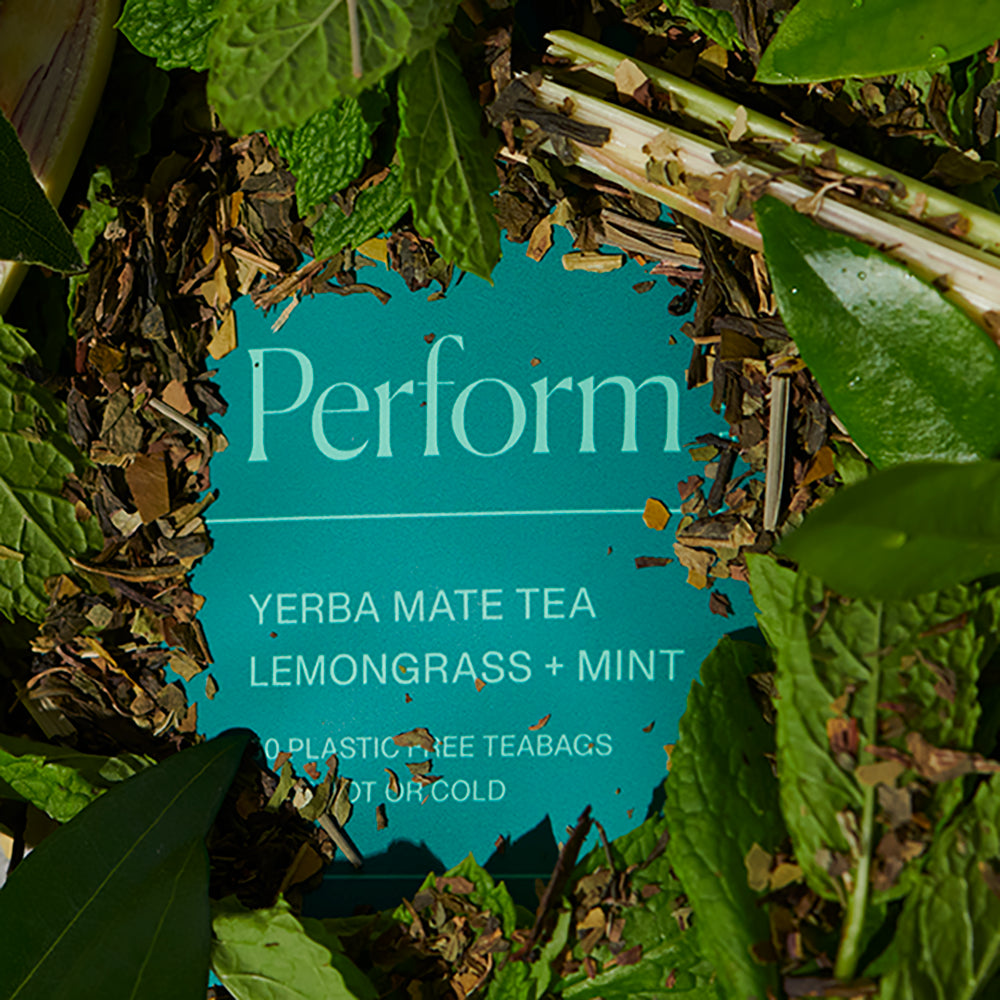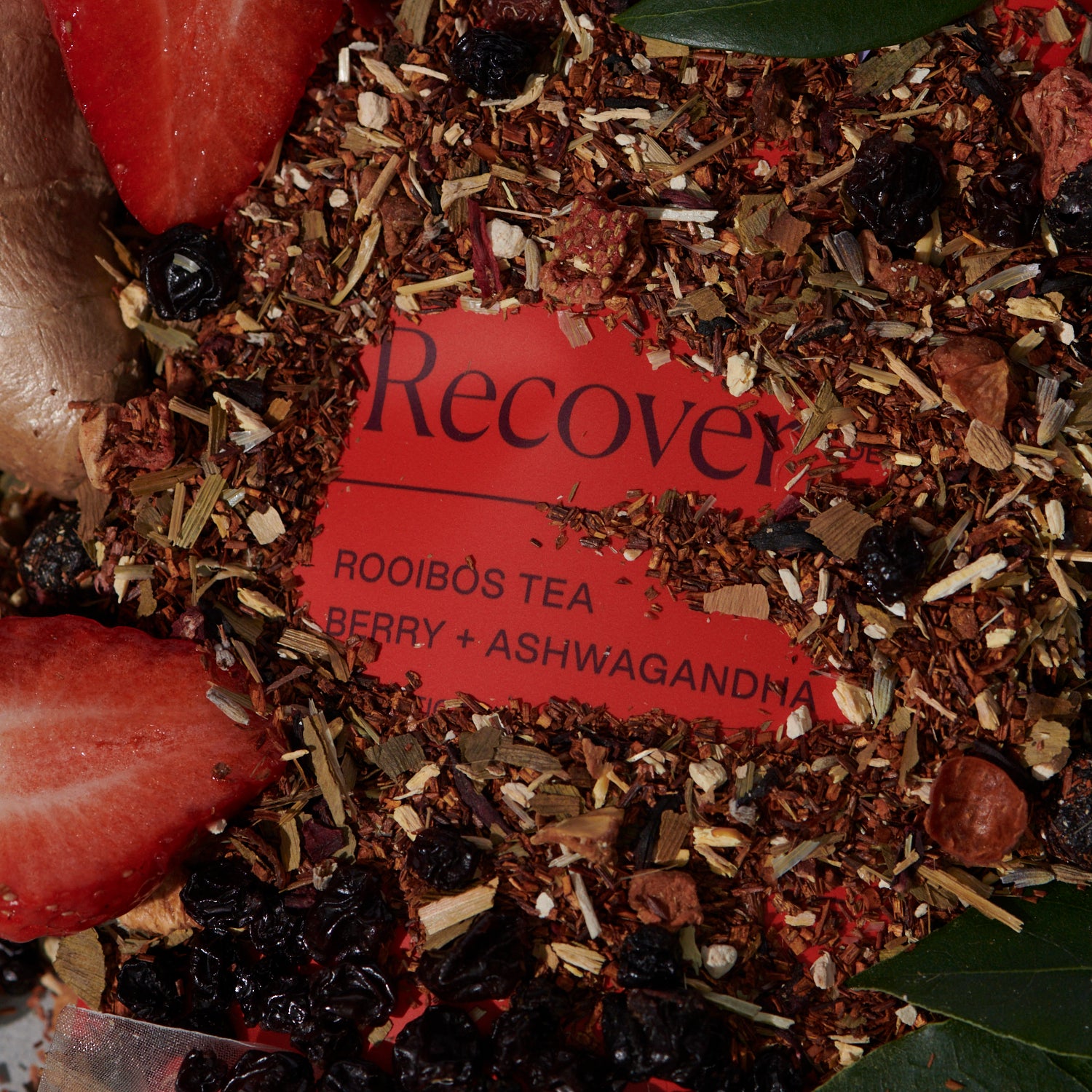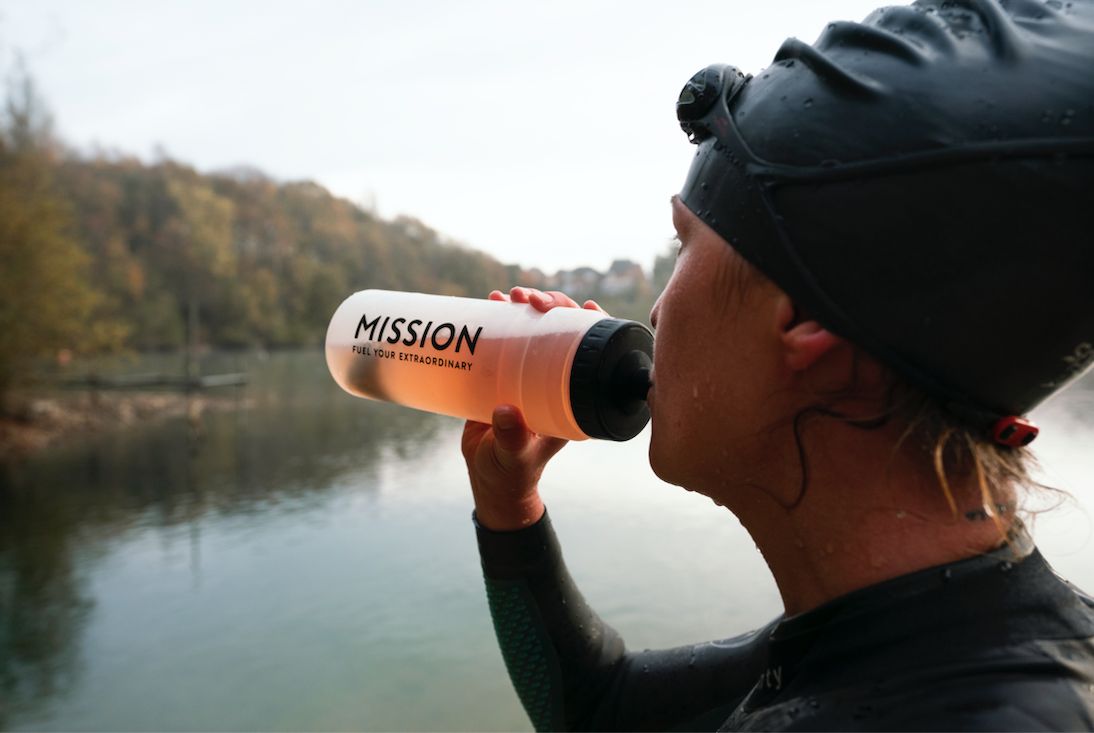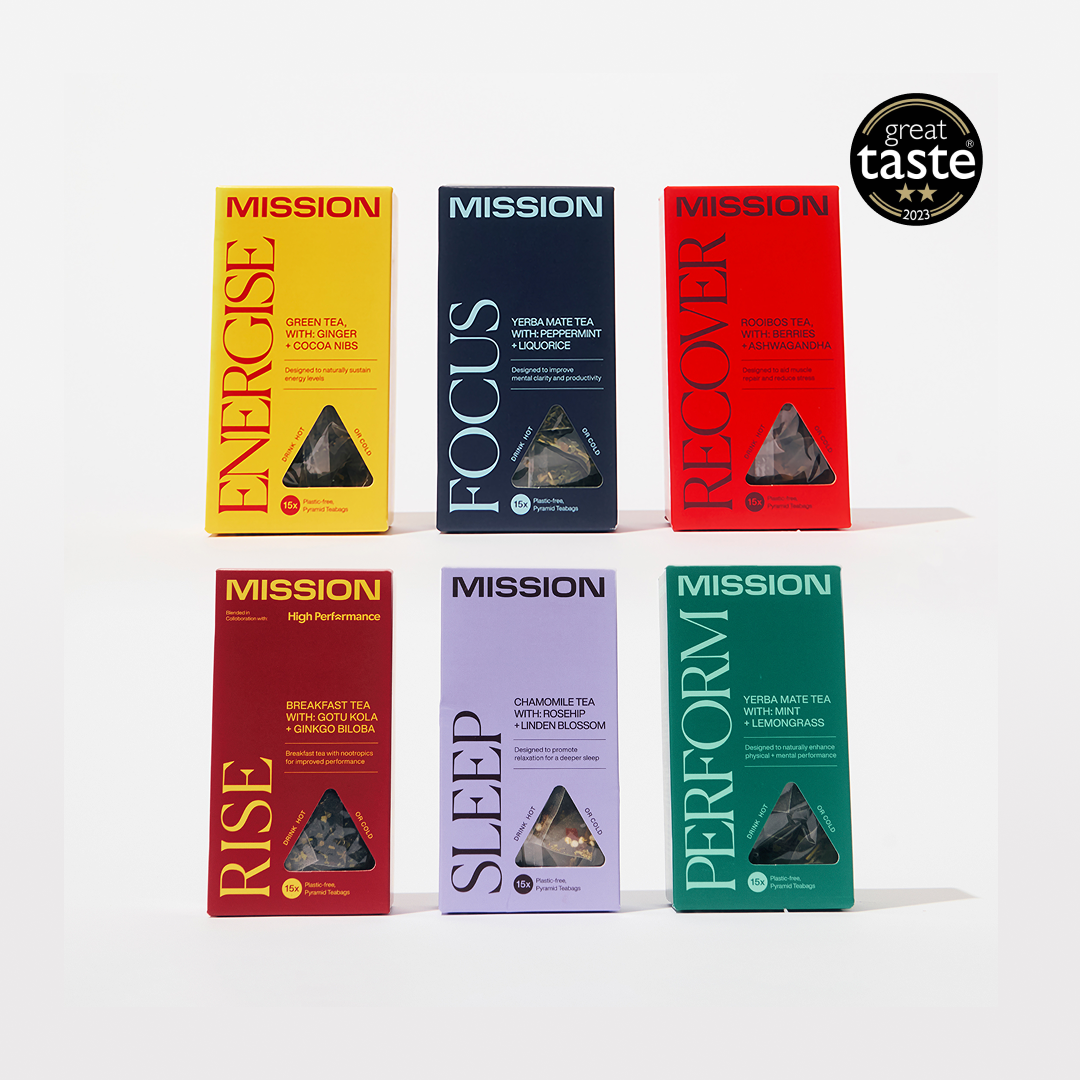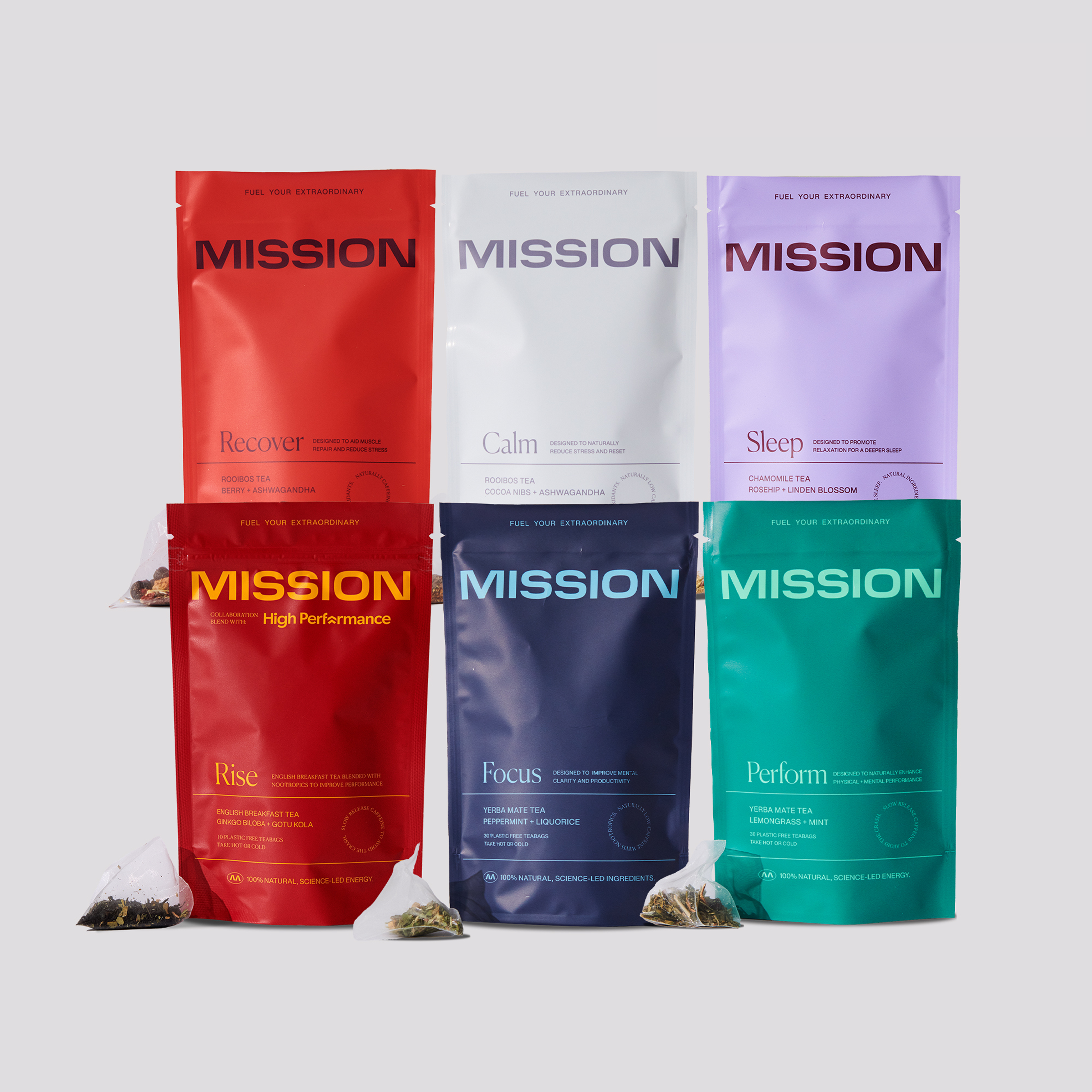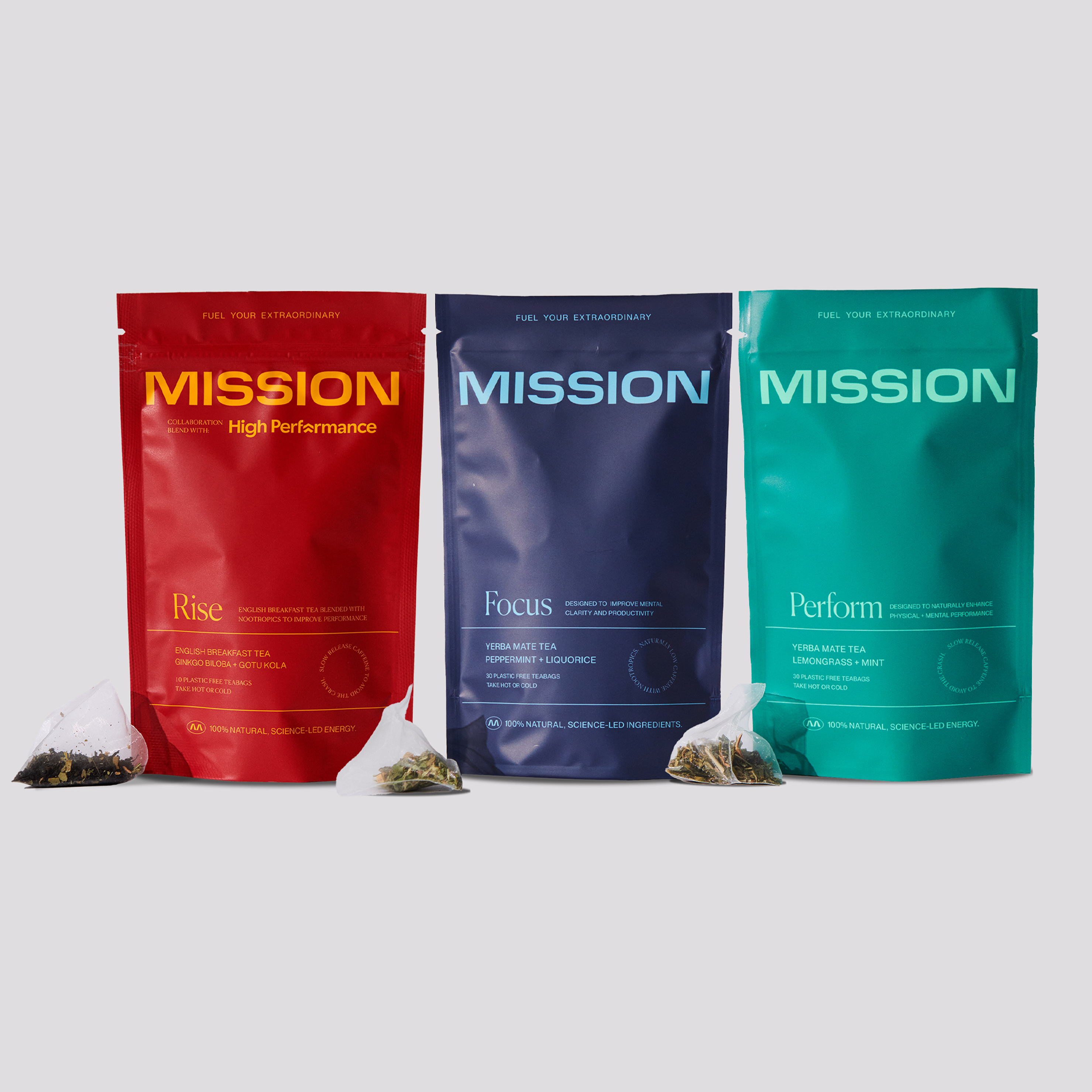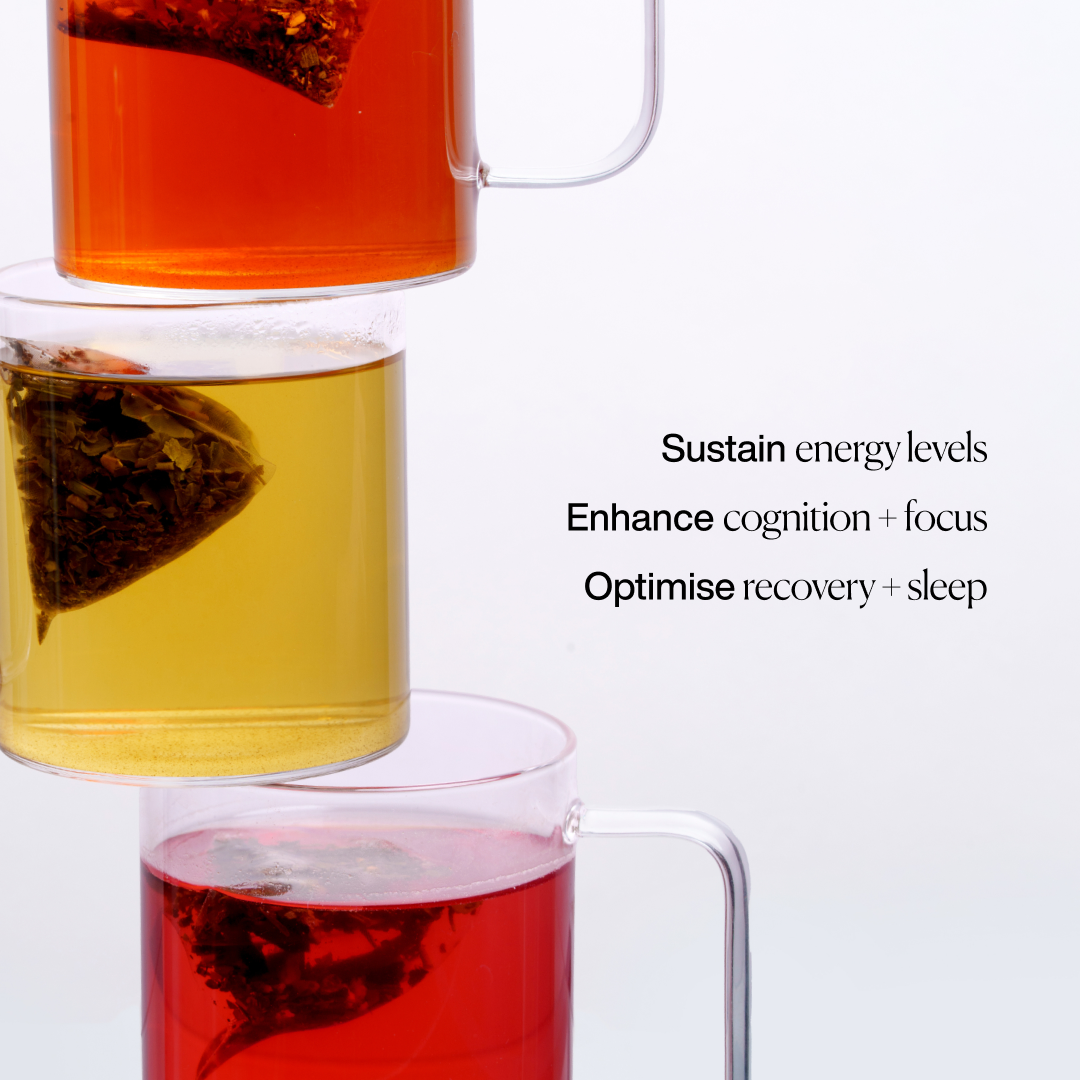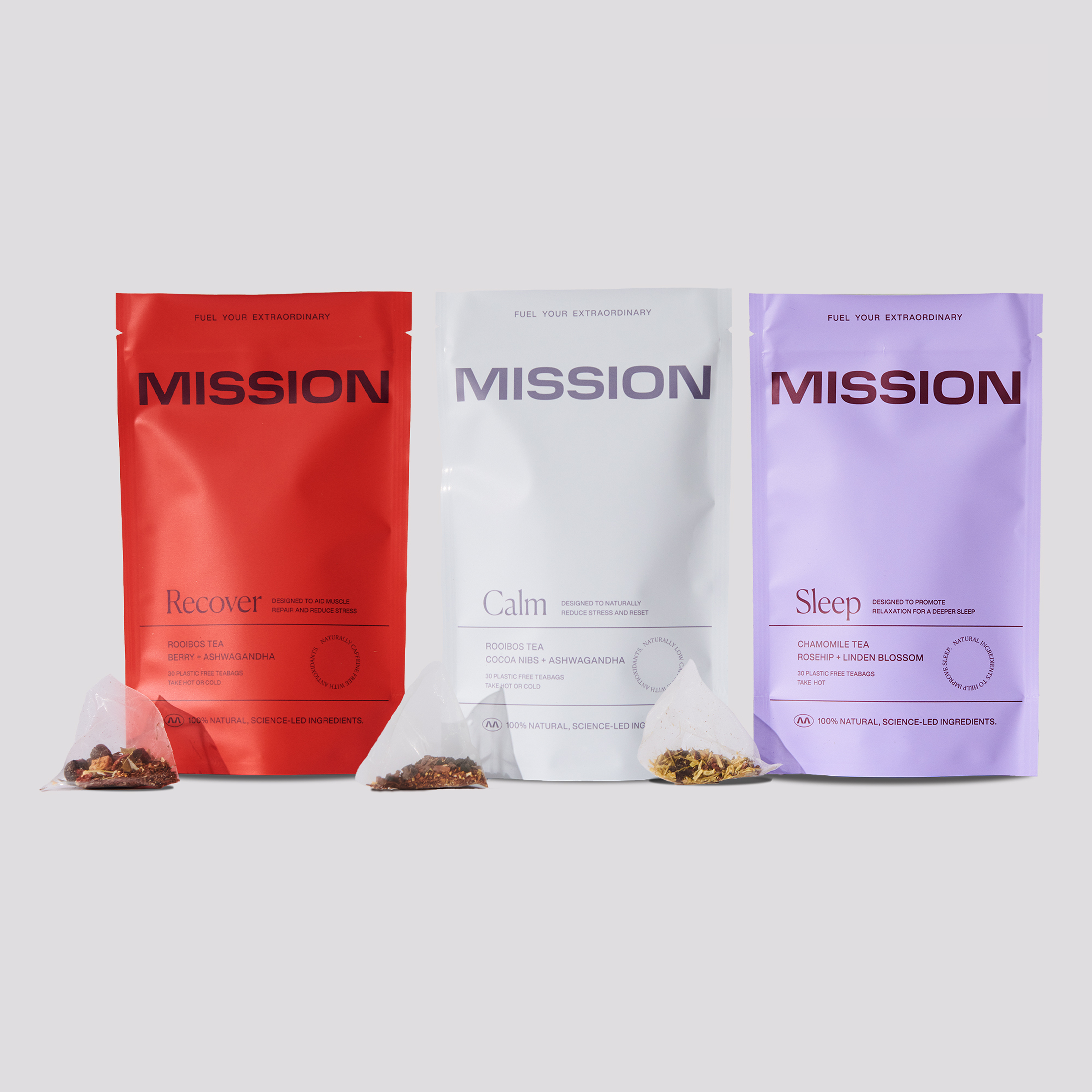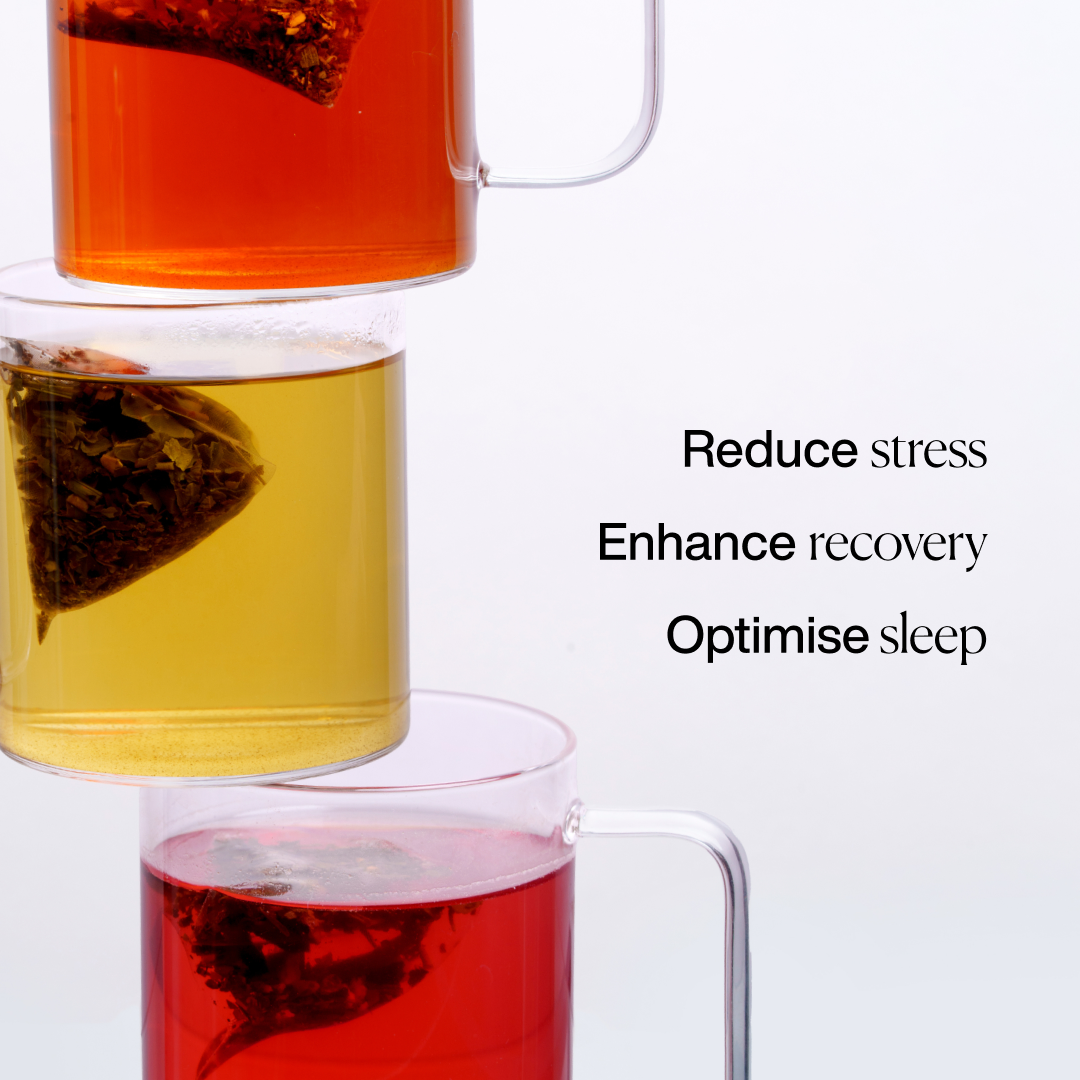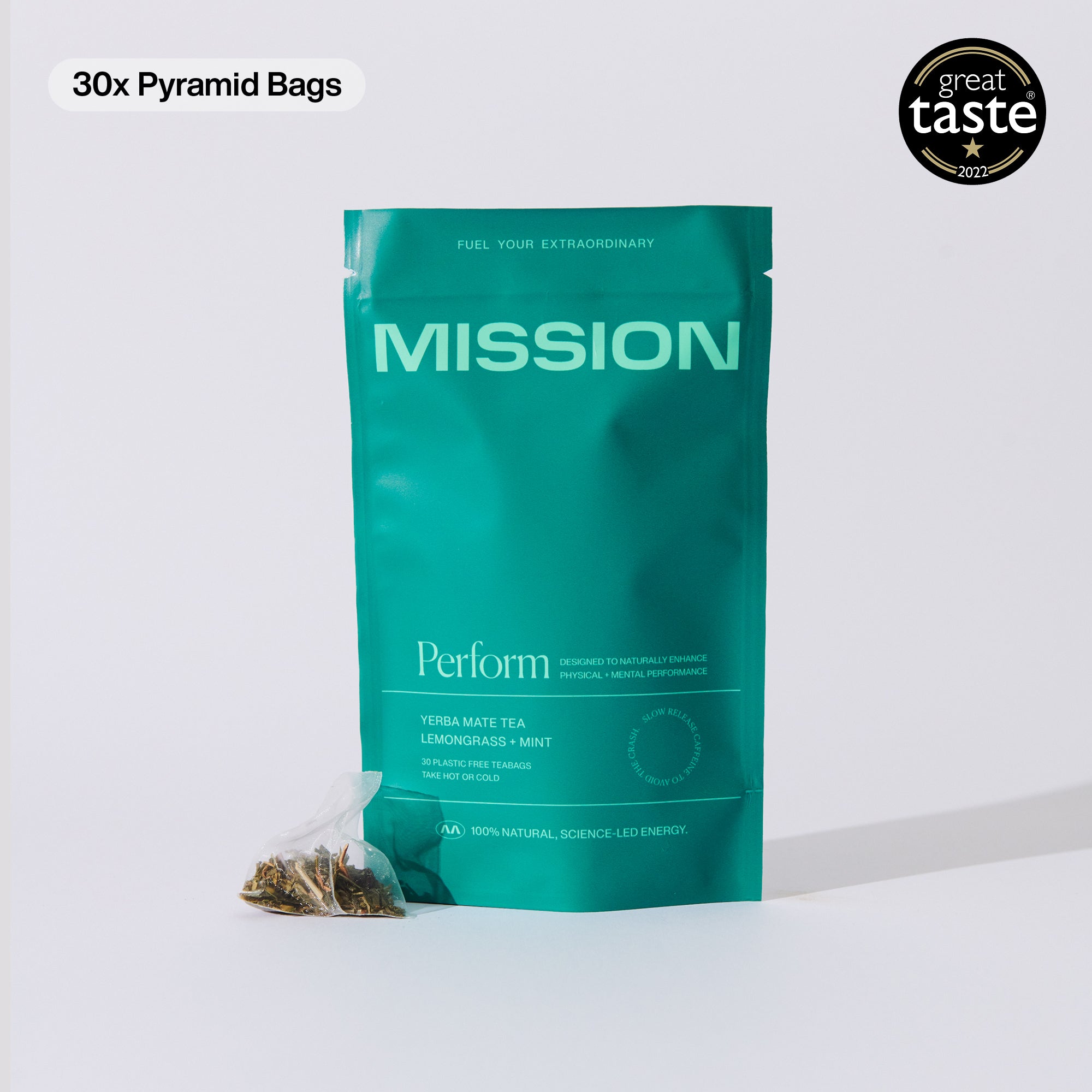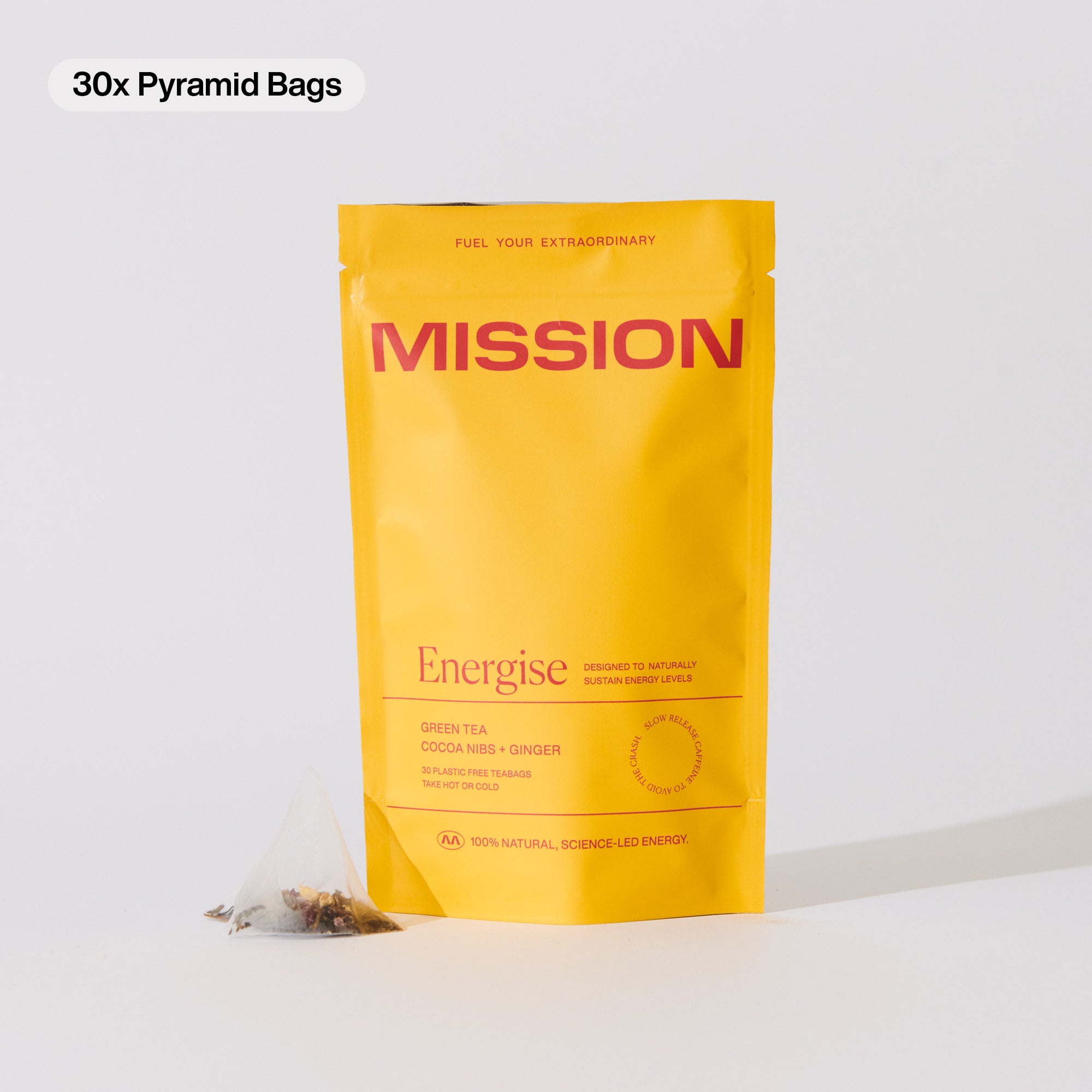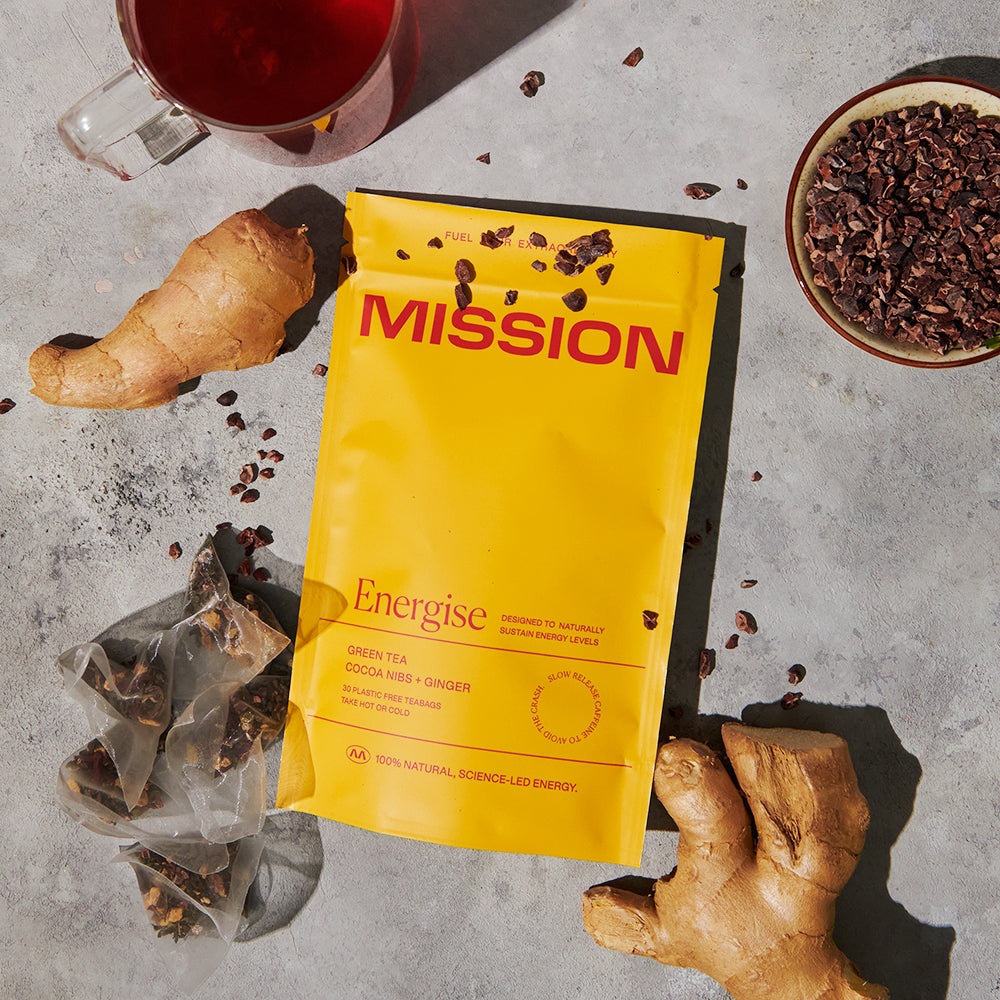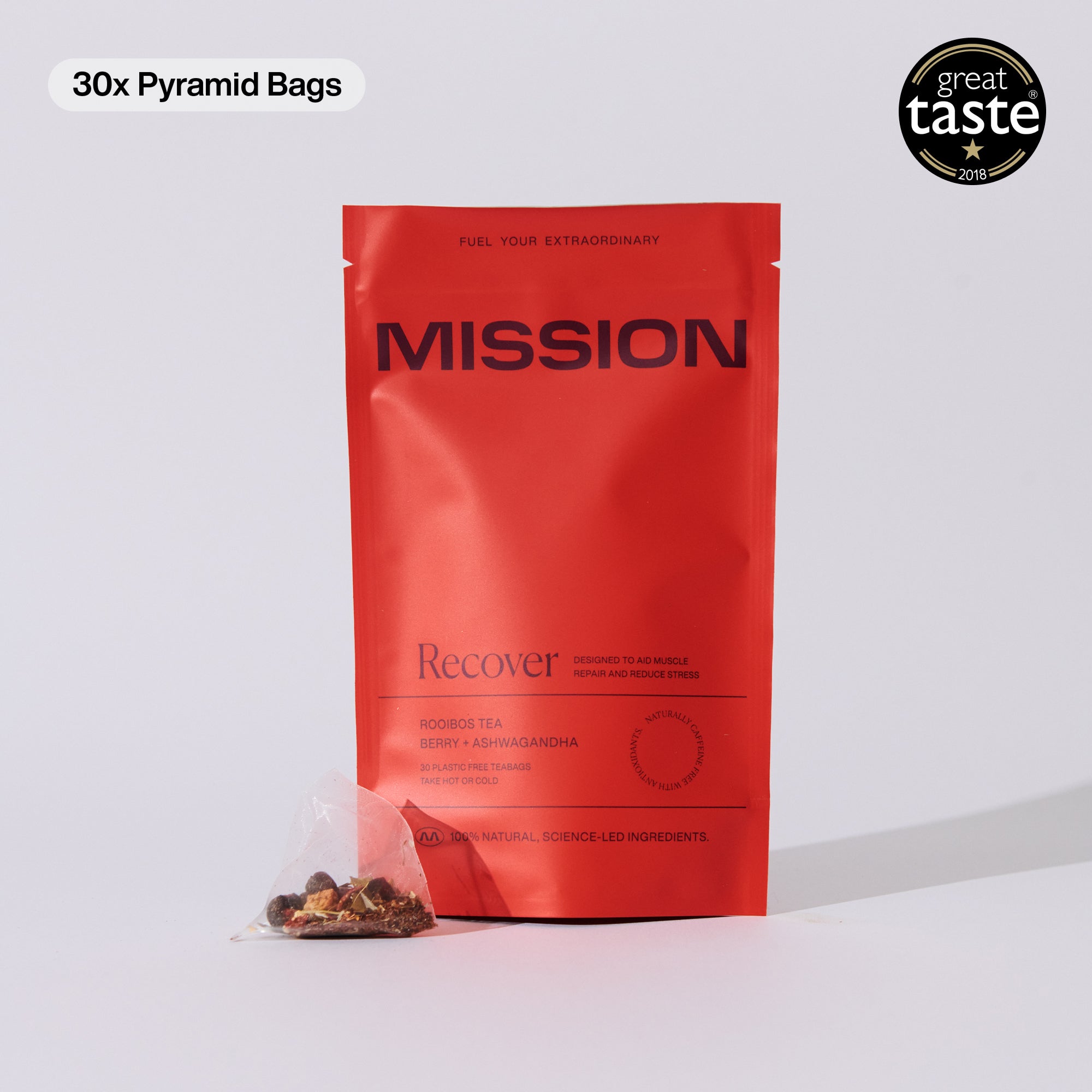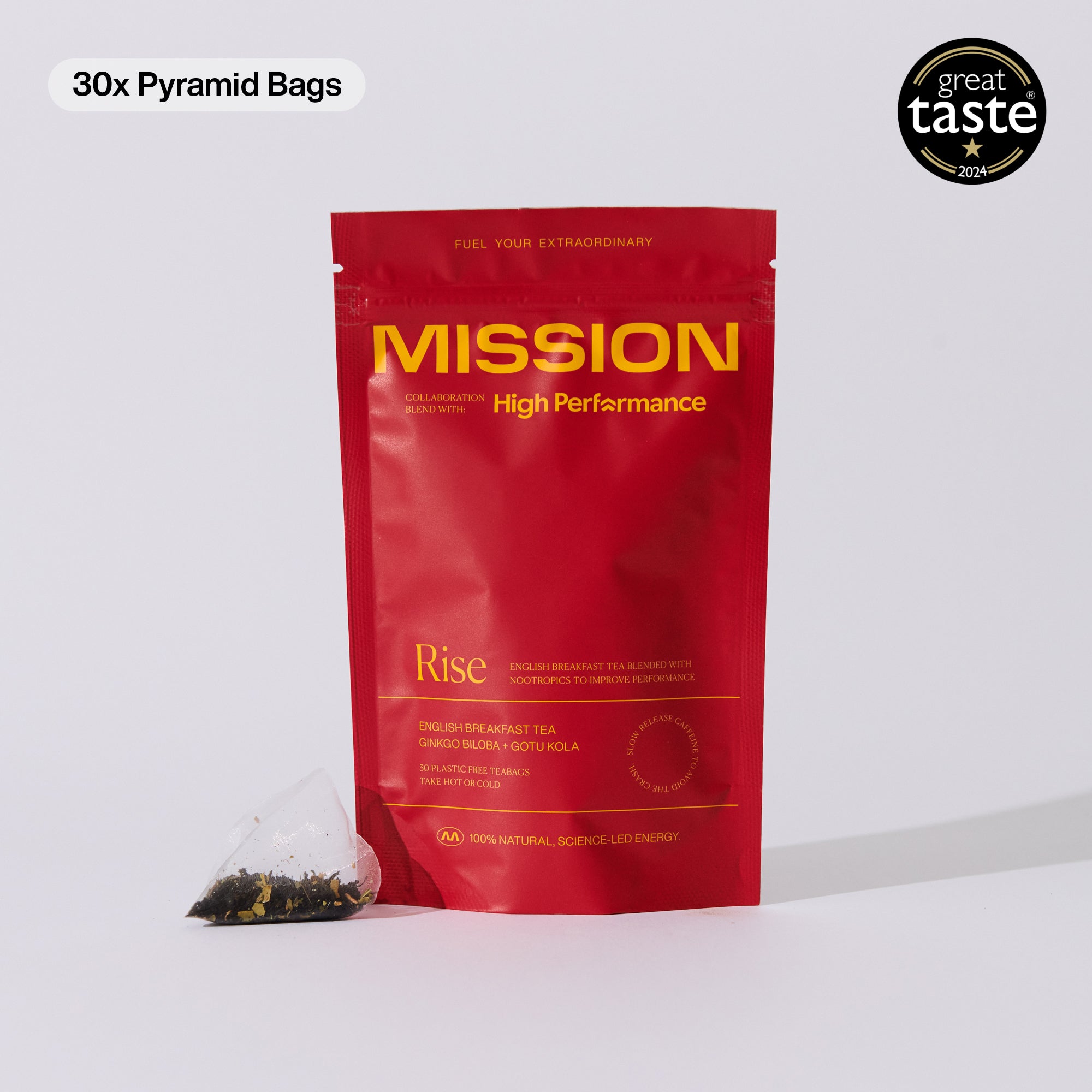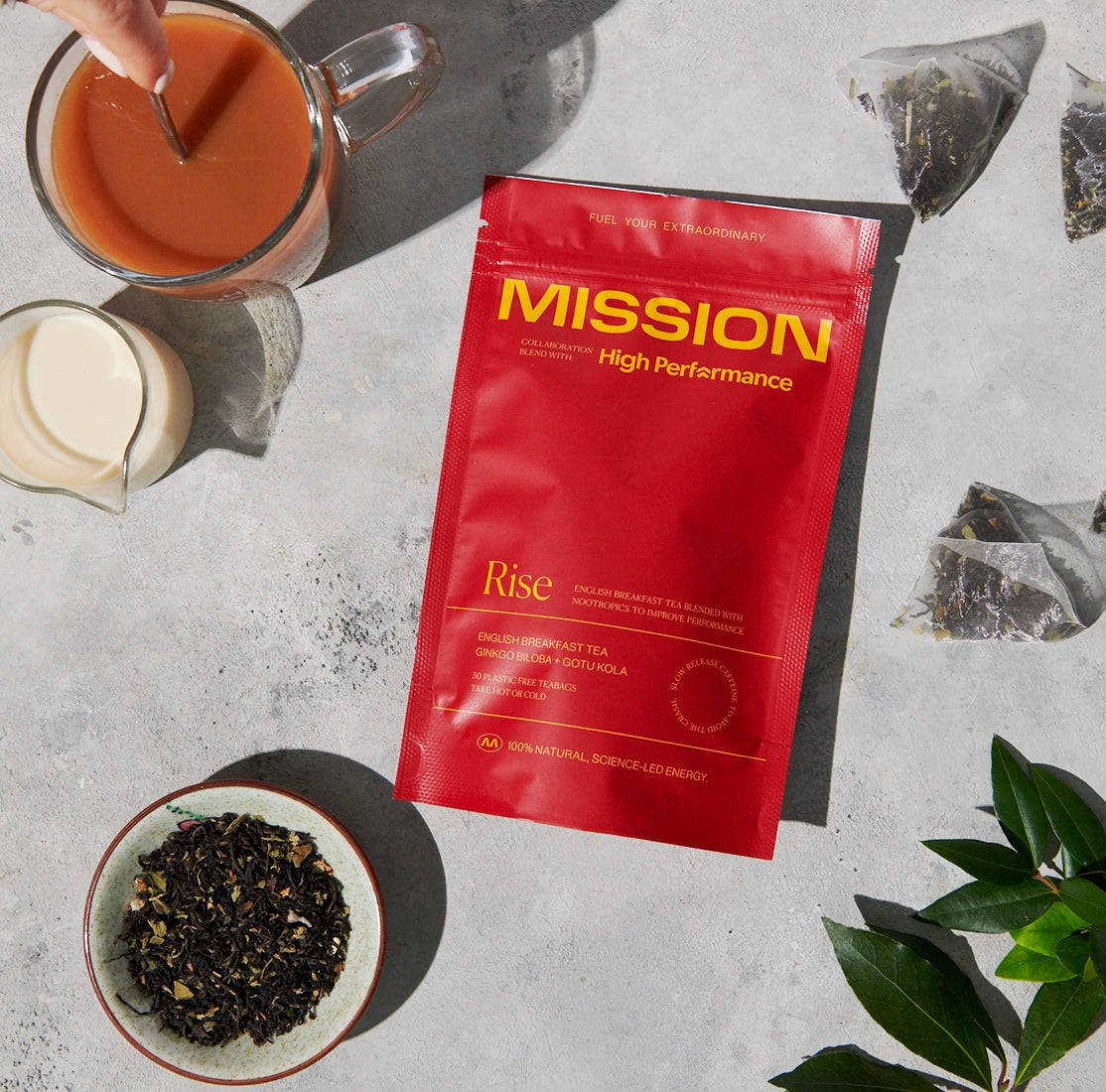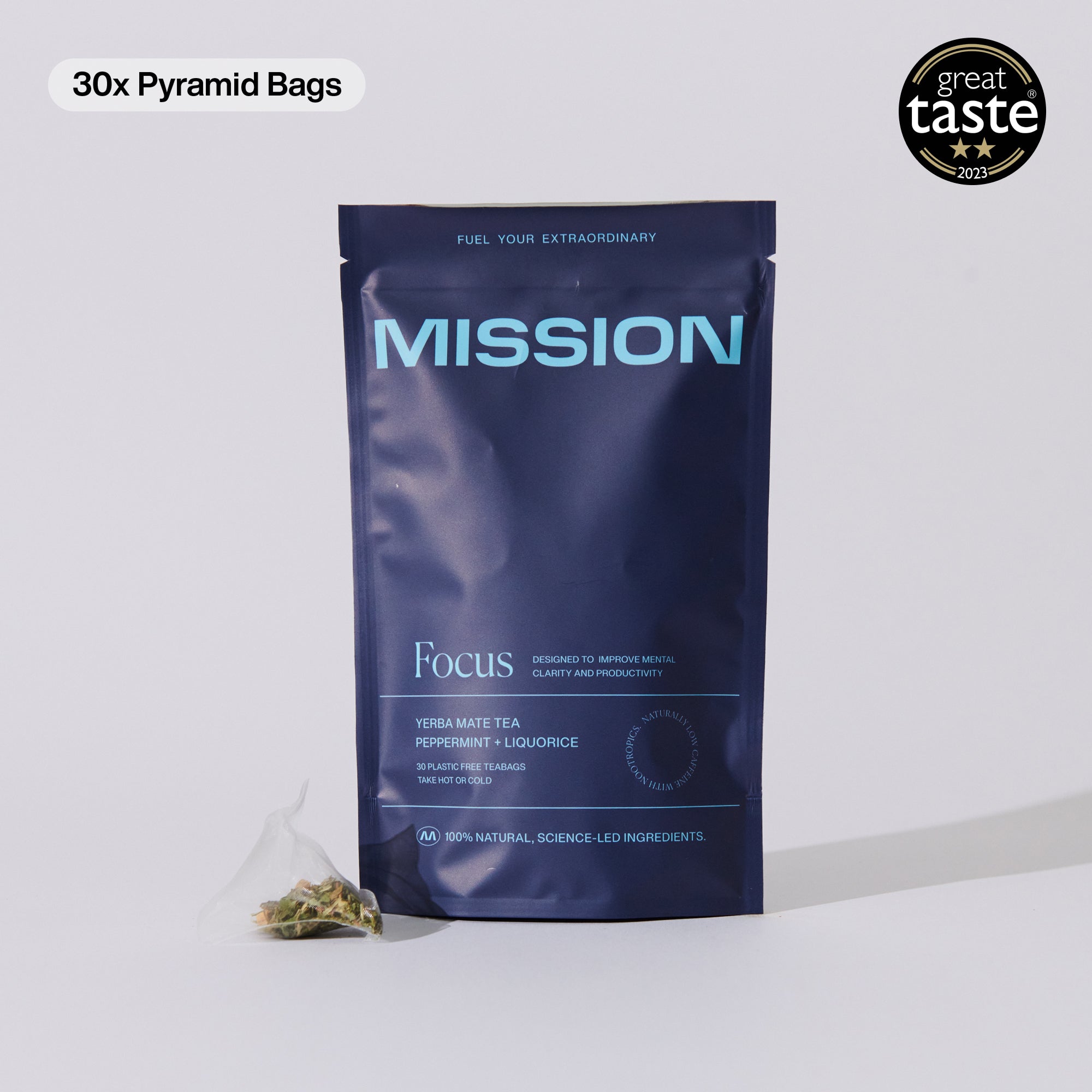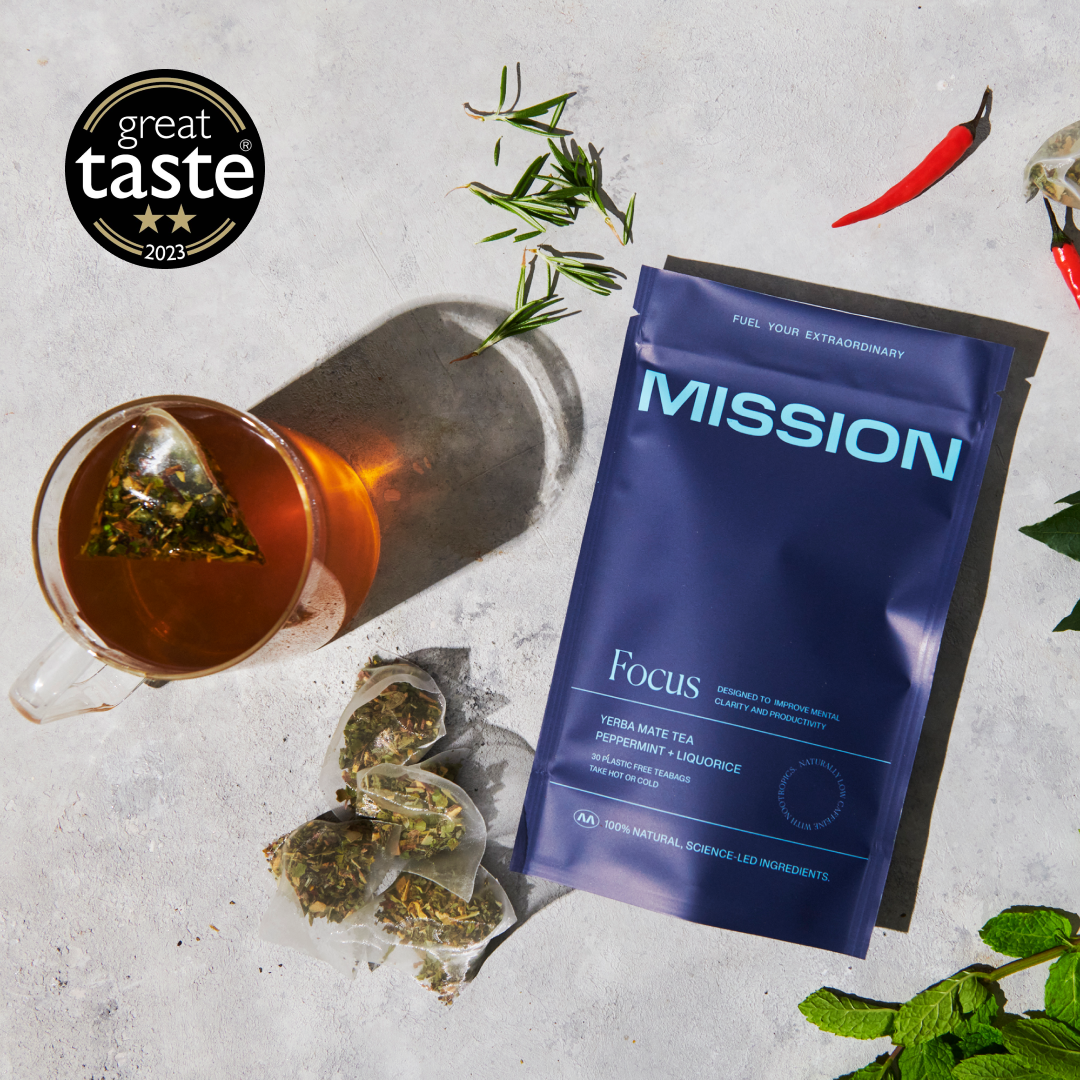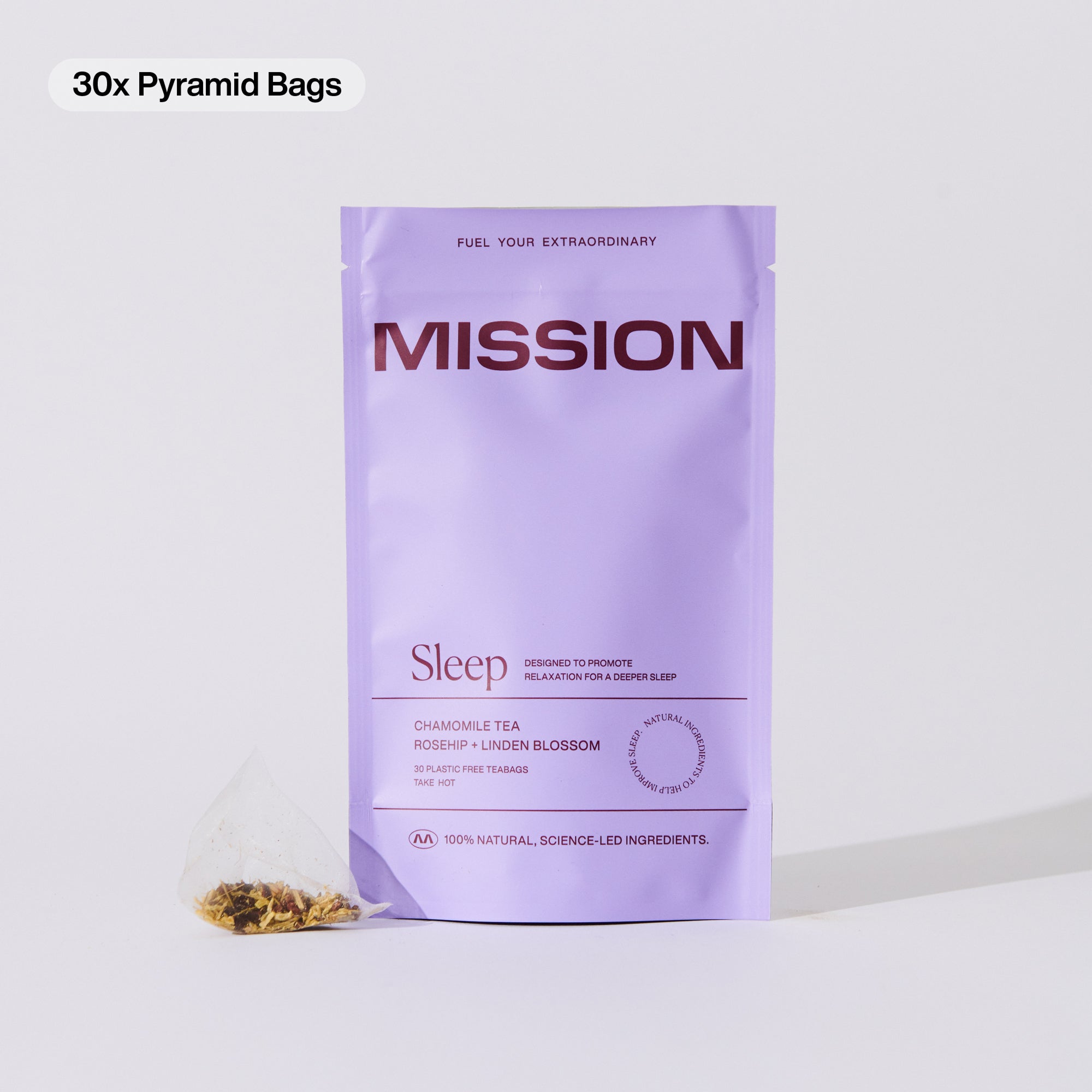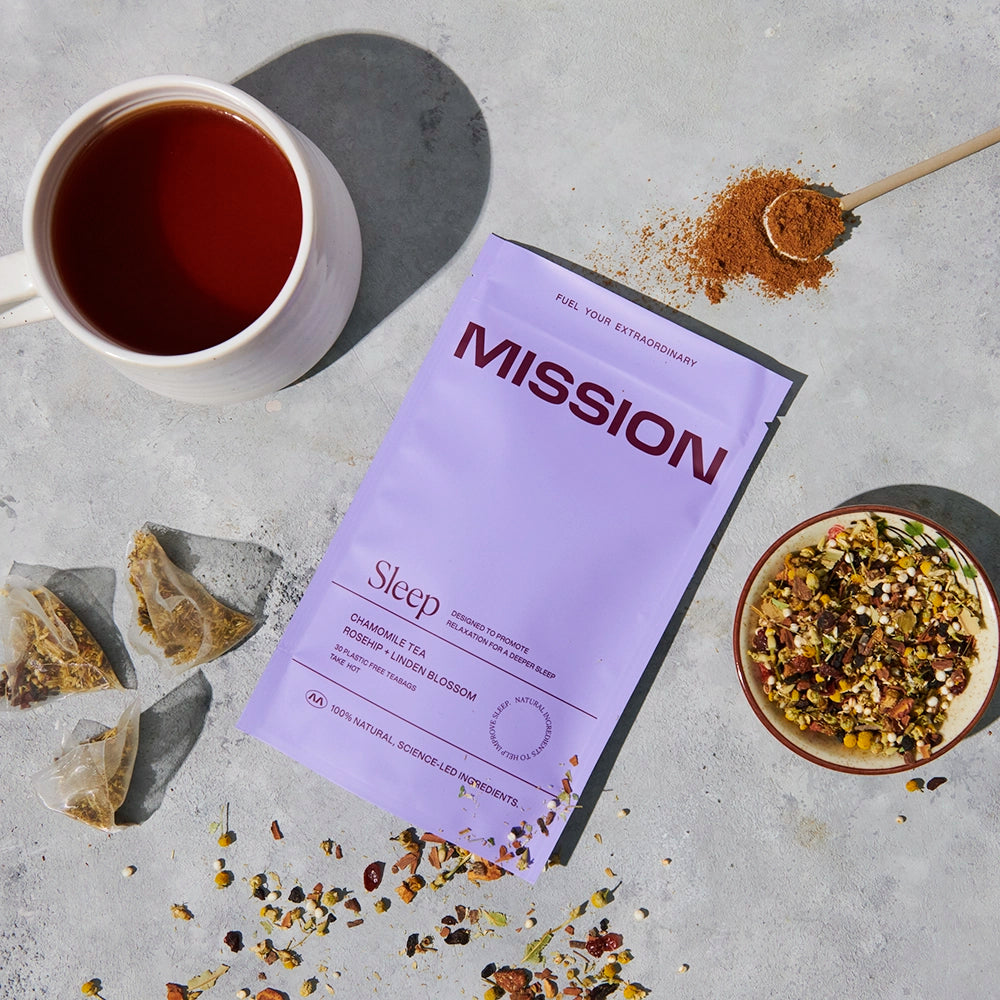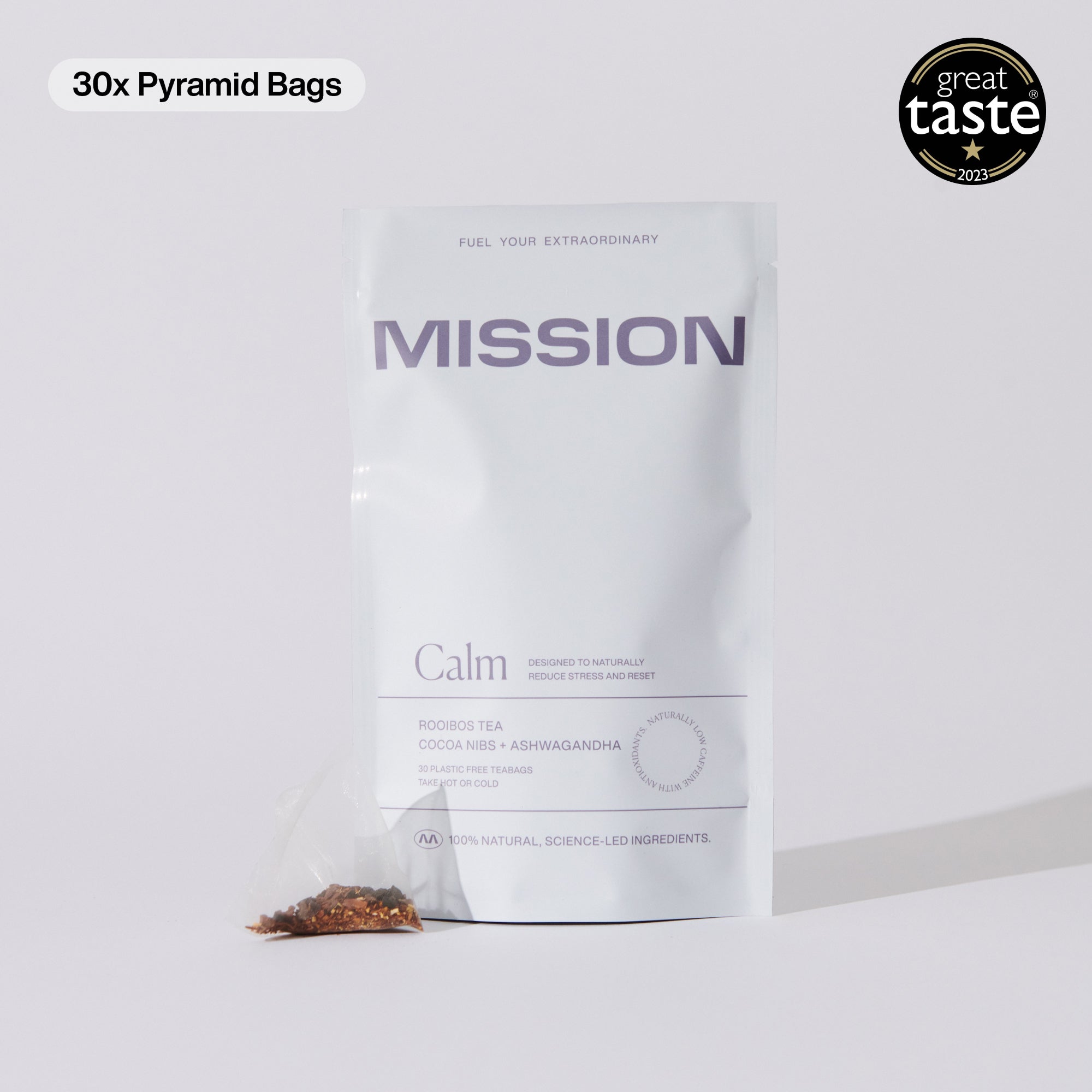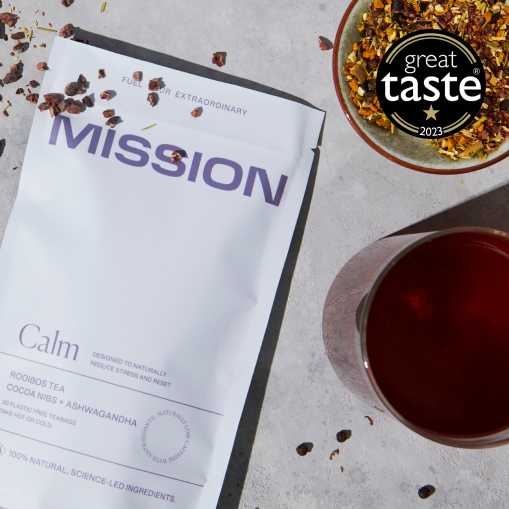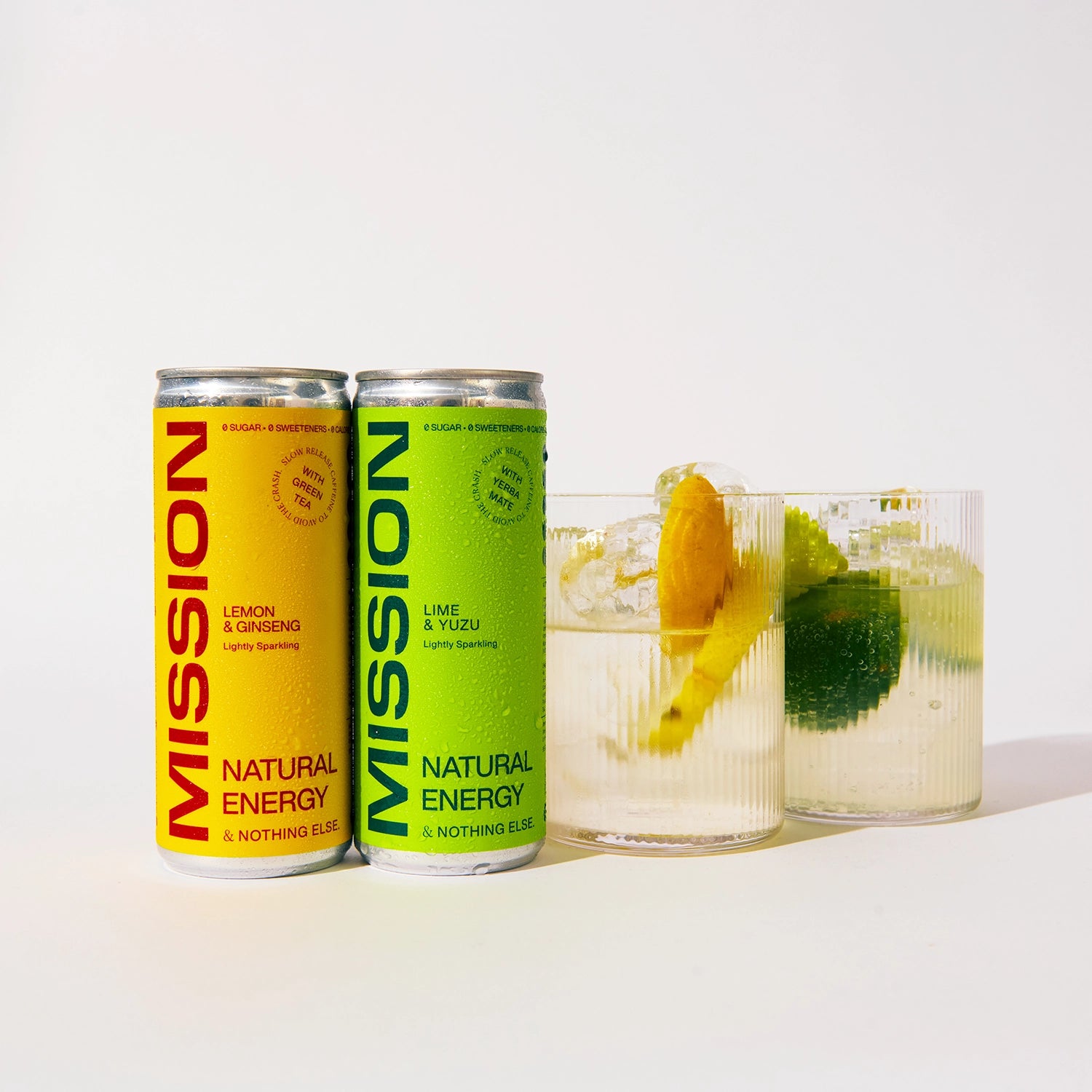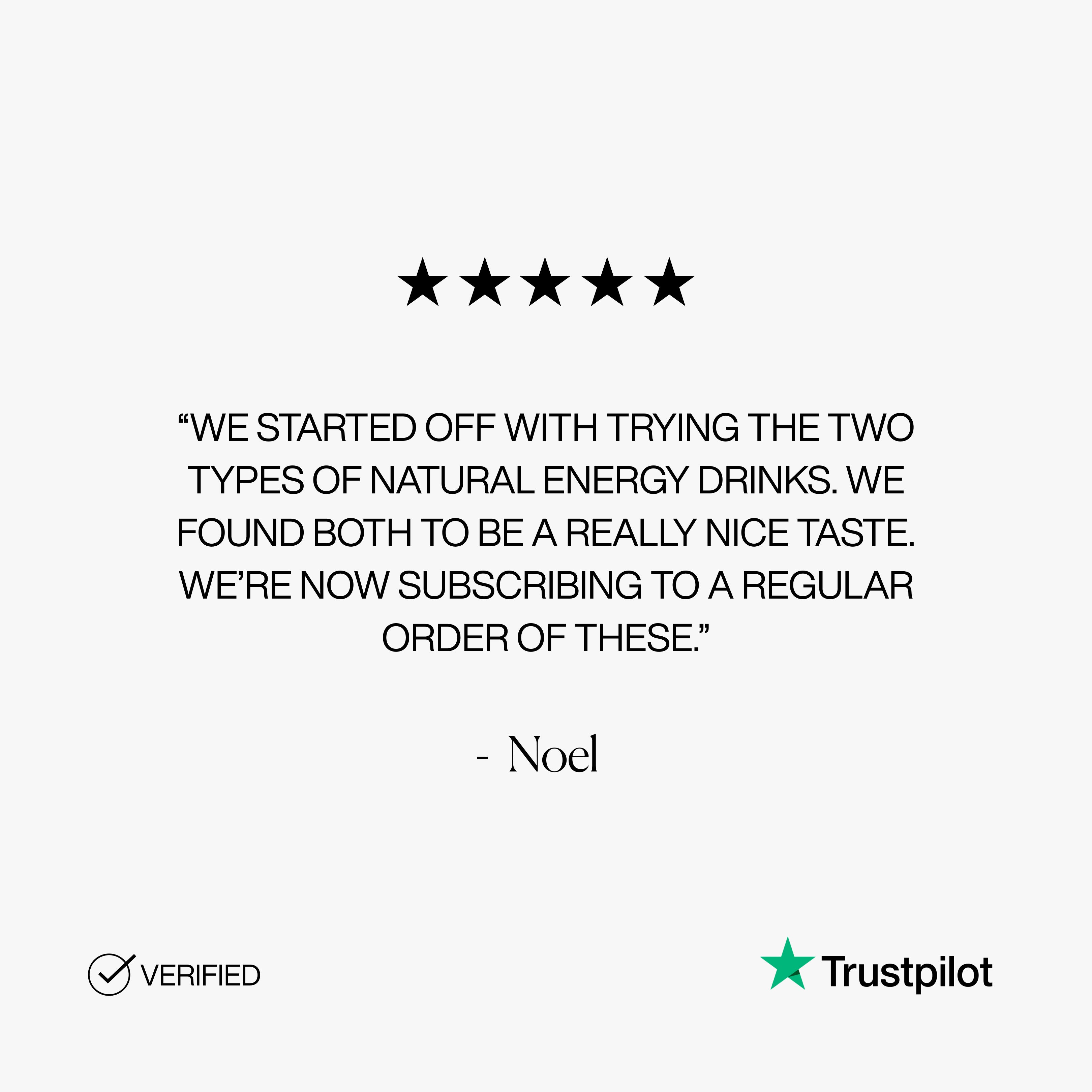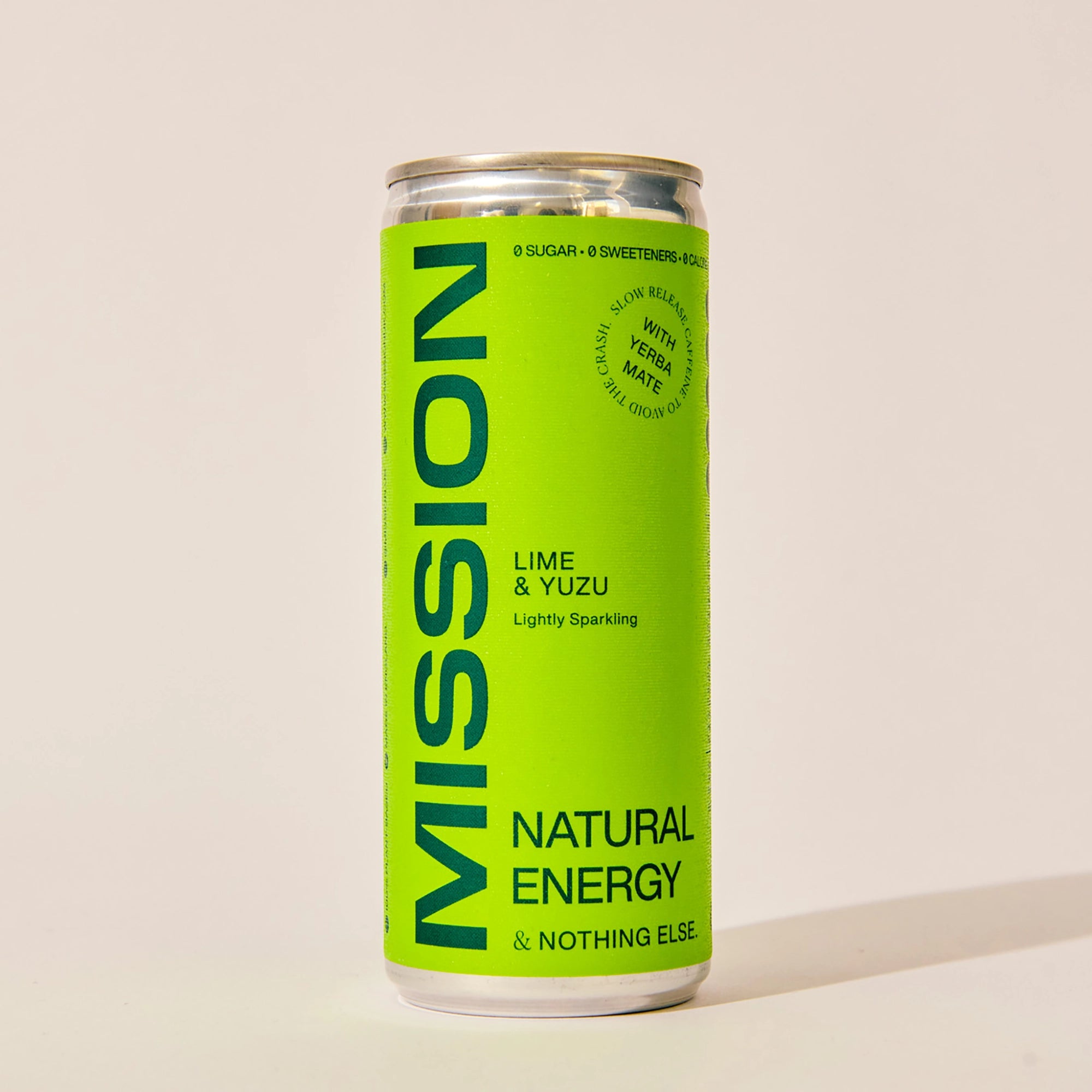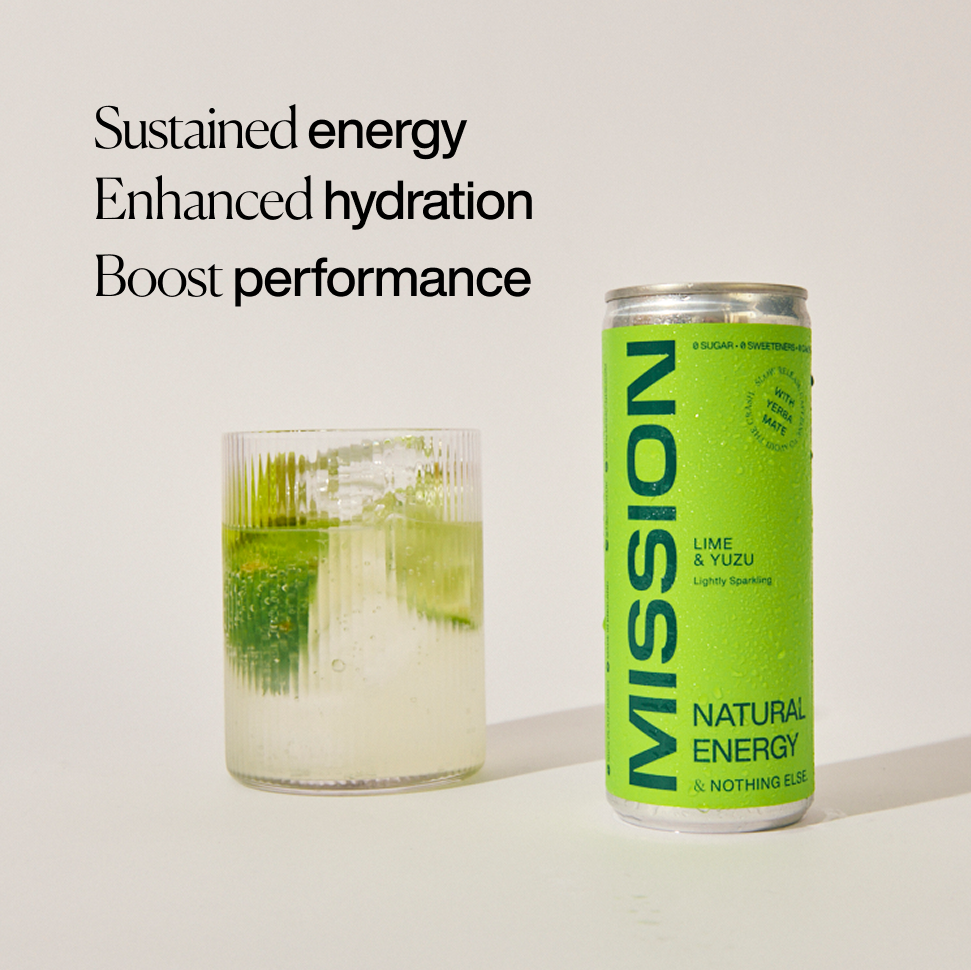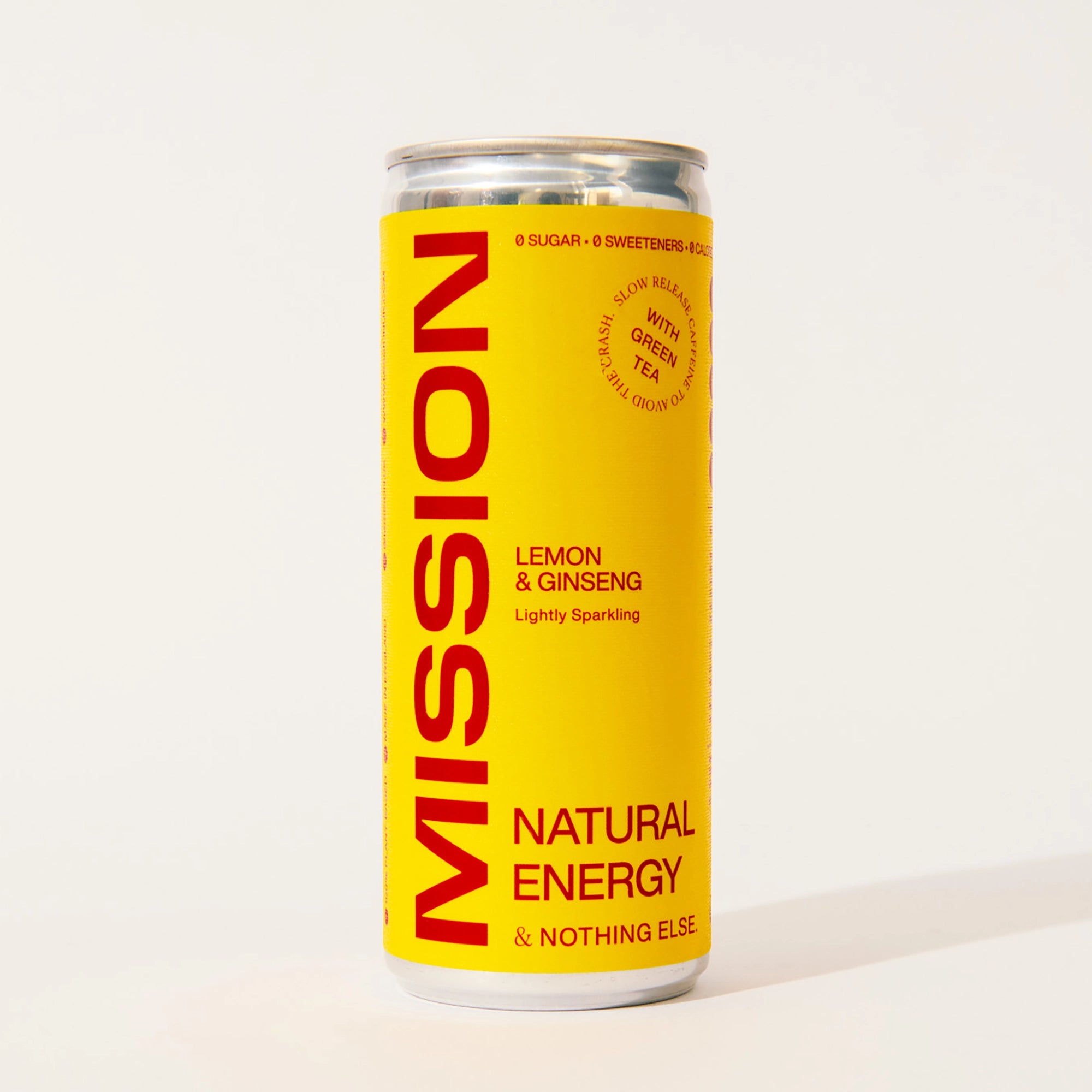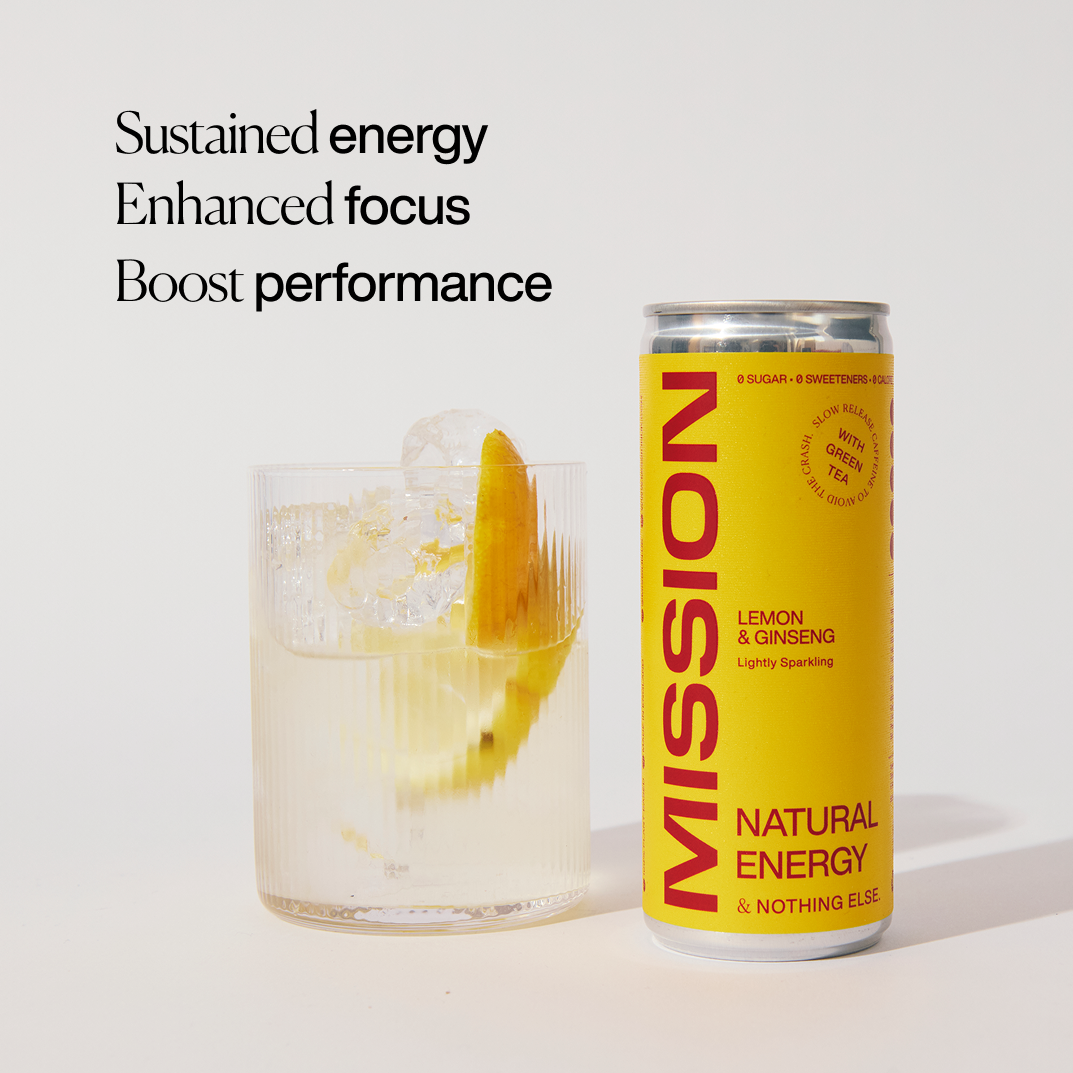What are the benefits and risks of caffeine and how does it affect performance?
Ever since the World Anti-Doping Agency removed caffeine from the banned substances list in 2004, there has been a flurry of activity looking into how it can be used to enhance athletic performance.4,5 What are the risks and what are the benefits?
The ISSN currently recognises that caffeine is effective for enhancing sport performance in trained athletes when consumed in low/moderate doses, and notes that the consumption of energy drinks (containing ±2 mg/kg of caffeine) 10-40 mins prior to aerobic exercise can improve cycling and running performance in both trained and recreationally-active participants.1
The issue is that most athletes derive their caffeine from commercially-available sports drinks and coffees, in which the caffeine content can vary widely from 25 to almost 400mg.1 For example, a venti filter coffee from Starbucks in the UK contains 387mg of caffeine.6 Furthermore, improvements in performance related to these energy drinks can often be the result of other ingredients in addition to caffeine.1,4
Benefits
Caffeine acts primarily on the central nervous system, blocking Adenosine receptors in your brain which increases the levels of dopamine in your system.7,8
The benefits of this include:8
- Enhanced endurance capacity
- Improved vigilance and reduced pain perception.
It essentially helps you to go harder, for longer, without losing concentration.
The Crash and other risks
The problem is that with higher doses of caffeine, more of your adenosine receptors are blocked meaning that when the effects of caffeine wear off, accumulated adenosine floods these now open receptors making you feel a crash.7,8
Other problems with taking large, one-off doses is that this increases your risk of of tremors, diarrhoea, headaches, poor sleep and withdrawal-induced lethargy.5,7
How much caffeine should an athlete have?
The benefit of caffeine is also highly variable between individuals, which means that low doses (1.5-3 mg/kg) taken immediately before, and regularly during exercise is likely to be a much more effective way of boosting performance.5,8
In this regard, MISSION’s range of performance teas all have between 11 and 19 mg of caffeine per serving, which allows for regular, low-dose caffeine supplementation. On this basis, a recommended regimen of MISSION (Table 1) has been designed to provide a low-dose, sustainable energy release, helping to enhance energy metabolism during the day as well as improve sleep quality at night, in order to benefit athletic performance.
|
Weight (kg) |
Recommended regimen (number of servings) |
Total Caffeine (mg) |
|
50 |
1 Energise, 1 Focus, 1 Perform, 1 Endure, 1 Recover, 1 Sleep |
60 |
|
55 |
2 Energise, 1 Focus, 1 Perform, 1 Endure, 1 Recover, 1 Sleep |
79 |
|
60 |
2 Energise, 1 Focus, 2 Perform, 1 Endure, 1 Recover, 1 Sleep |
93 |
|
65 |
2 Energise, 1 Focus, 2 Perform, 2 Endure, 1 Recover, 1 Sleep |
105 |
|
70 |
2 Energise, 1 Focus, 3 Perform, 1 Endure, 1 Recover, 1 Sleep |
107 |
|
75 |
2 Energise, 2 Focus, 2 Perform, 1 Endure, 1 Recover, 1 Sleep |
113 |
|
80 |
2 Energise, 2 Focus, 2 Perform, 2 Endure, 1 Recover, 1 Sleep |
120 |
|
85 |
2 Energise, 2 Focus, 3 Perform, 2 Endure, 1 Recover, 1 Sleep |
122 |
|
90 |
3 Energise, 1 Focus, 3 Perform, 1 Endure, 1 Recover, 1 Sleep |
126 |
Table 1: Recommended regimen of MISSION to provide ±1.5 mg/kg caffeine per day. NB: if no other caffeinated products taken.
References:
- Porrini, M. & Boʼ, C. D. Ergogenic Aids and Supplements. Sports Endocrinol. 47, 128–152 (2016).
- Fan, W. et al. PPARδ Promotes Running Endurance by Preserving Glucose. Cell Metab. 25, 1186-1193.e4 (2017).
- Galgani, J. & Ravussin, E. Energy metabolism, fuel selection and body weight regulation. Int. J. Obes. 2005 32, S109–S119 (2008).
- Souza, D. B., Del Coso, J., Casonatto, J. & Polito, M. D. Acute effects of caffeine-containing energy drinks on physical performance: a systematic review and meta-analysis. Eur. J. Nutr. 56, 13–27 (2017).
- McLellan TM, Caldwell JA, Lieberman HR. A review of caffeine’s effects on cognitive, physical and occupational performance. Neuroscience and Biobehavioral Reviews. (2016) 71, 294–312. http://dx.doi.org/10.1016/j.neubiorev.2016.09.001
- Starbucks 2019 Beverage Nutritional & Allergen Information - UK only; Available at: https://globalassets.starbucks.com/assets/D81B4D7D789D49A98B8CE9E45249AE63.pdf (Accessed: 22nd August, 2019)
- Shen JC, Brooks MB, Cincotta J, Manjourides JD. Establishing a relationship between the effect of caffeine and duration of endurance athletic time trial events: A systematic review and meta-analysis. Journal of Science and Medicine in Sport. (2019) 22, 232–238. https://doi.org/10.1016/j.jsams.2018.07.022
- Peeling P, et al. Evidence-Based Supplements for the Enhancement of Athletic Performance. International Journal of Sport Nutrition and Exercise Metabolism. (2018) 28, 178-187. https://doi.org/10.1123/ijsnem.2017-0343



